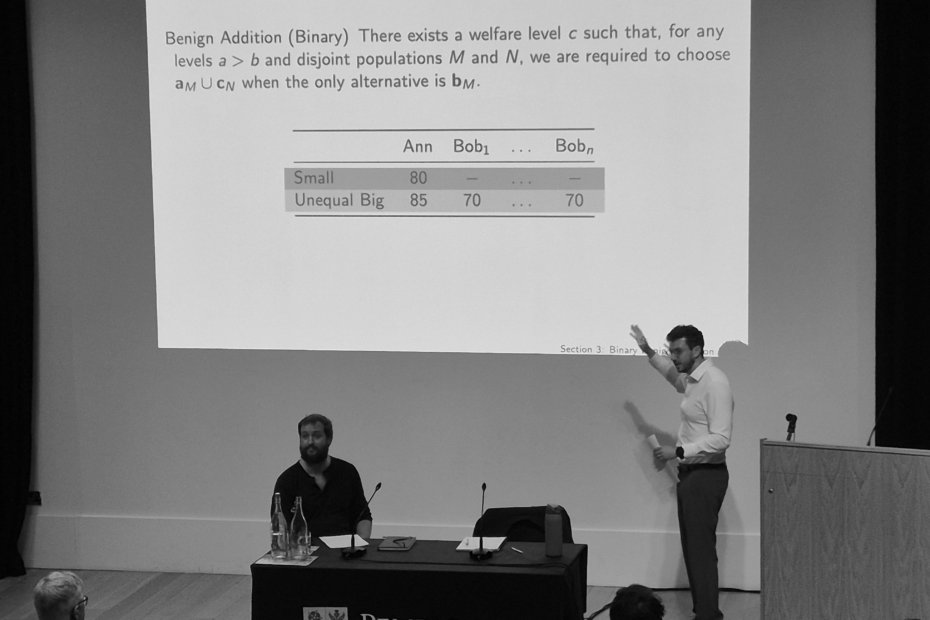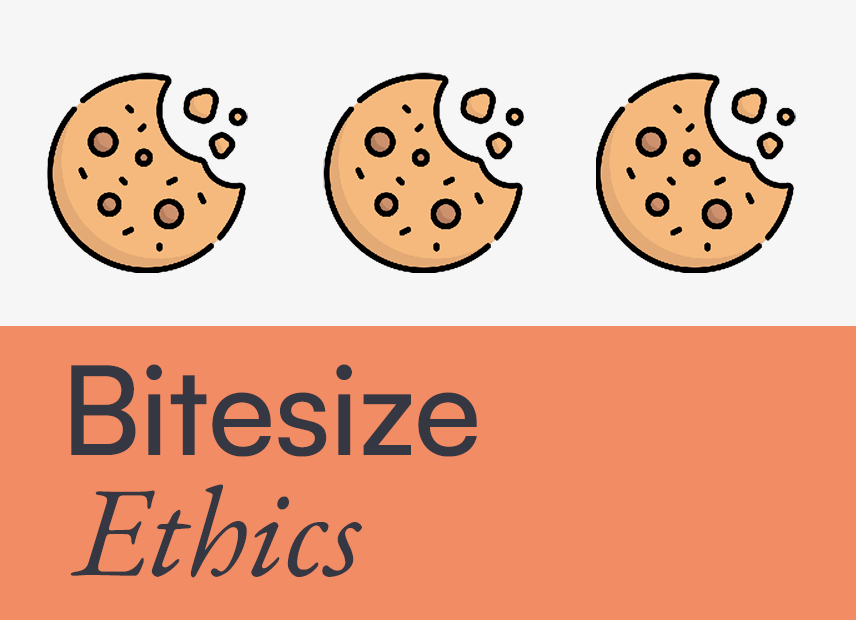The MSt in Practical Ethics at Oxford University – Apply Before January 28!
Join this year’s cohort of MSt in Practical Ethics students – apply by 28th January to take advantage of funding opportunities. The MSt in Practical Ethics at the University of Oxford is designed for those who want to think carefully and rigorously about important ethical questions, while remaining firmly engaged with the real world. Ethics,… Read More »The MSt in Practical Ethics at Oxford University – Apply Before January 28!










